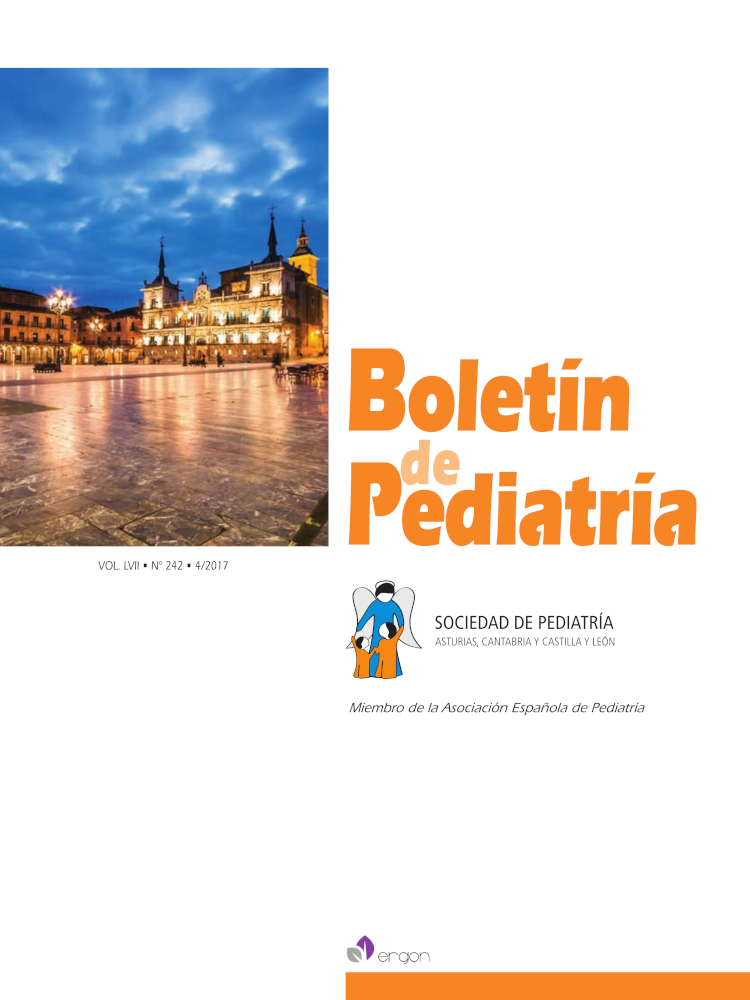Abstract
Background. Guidelines for prevention of perinatal infection Group B Streptococcus (GBS) has been revised in 2010 and new early-onset sepsis (EOS) algorithms have been applied. Aim. To know the impact of this new algorithm on ECO evaluations, admissions and EOS-GBS cases detection. Methods. A retrospective cohort study was performed, including neonates born at > 36 week’s, with positive maternal detection of GBS, in two periods of time: from July to December 2010 (previous to new EOS algorithm) and from July to December 2012. The following data was compared: evaluations and admissions. Statistical were performed using the Student t test for quantitative variables and chi square test for categorical. Preventable fraction exposed (Pfe) was used to quantify the impact of new algorithm. Results. One hundred and fifty-two neonates were included in 2010 and 130 in 2012. No significant differences were found in terms of sex, GBS positive mothers, obstetric care, gestational age, chorioamnionitis, indication and maternal antibiotic administration. There were no cases of neonatal GBS infection in both periods. In 2012 a decrease of 88% in blood EOS evaluation was obtained (Pfe= 0.88, IC: 0.39-0.96). The number of admissions for suspected early GBS sepsis was reduced by 48.1%. (Pfe= 0.481. IC: -0.648-0.864) Conclusions. Implementation of the new EOS algorithm resulted in a decrease of EOS evaluations, and the number of admissions for suspected sepsis.

This work is licensed under a Creative Commons Attribution-NonCommercial 4.0 International License.
Copyright (c) 2017 Boletín de Pediatría
